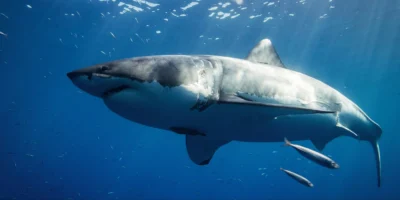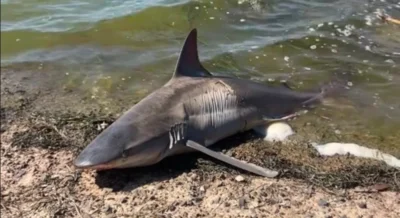Dolphins are seen as agile team players, sharks as efficient solitary hunters. In many coastal areas, the two avoid each other – often to the sharks’ advantage. Researchers attribute this to risk-benefit considerations, dolphin group behavior and environmental factors.
Strong defenders: what makes dolphins so resilient
Dolphins usually move in social groups (pods). Coordinated maneuvers, high speed and close cooperation make it difficult for a shark to isolate a single animal. Their strong skull and hard rostrum can cause serious injuries when ramming. Added to this is echolocation: with clicking sounds, dolphins “scan” their surroundings and detect attackers early.
“Against a united dolphin group, the chances of a successful attack are low – while the risk for a shark is high.”
More than an image: fact-checking the reputation of sharks
Sharks are not blindly attacking predators. Many species react flexibly, conserve energy and avoid hopeless duels. Depending on size and hunting strategy, sharks may ignore dolphins, evade them – or in rare cases attack small, isolated individuals. Species, body size and situation are decisive.
Who hunts where? Habitat and diet shape the encounter
The environment also matters. In clear, shallow waters, dolphins make full use of their agility and group strength. Sharks, on the other hand, prefer murkier waters, edges or depth changes for surprise attacks on fish schools. When hunting grounds overlap, sharks often avoid dolphin pods – competition and the risk of injury are rarely worth it.
What studies and observations show
Field reports document that sharks retreat or move to greater depths when a dolphin pod approaches. Experiments and sighting analyses support the assumption: intelligence, social behavior and sensory abilities make dolphins difficult targets. At the same time, data confirm the diversity: not every shark species reacts the same way.
“Teamwork, speed, tactics – dolphins are tough opponents for solitary hunters. Avoidance is often the smarter option.”
Why avoidance also benefits sharks – and what still needs to be clarified
Avoiding conflicts saves energy, reduces the risk of injury and lowers competition for prey – advantages that help sharks remain efficient. Future research with acoustic tags and underwater drones aims to clarify how often avoidance behavior occurs, which species respond most, and how protected areas can benefit both groups.




